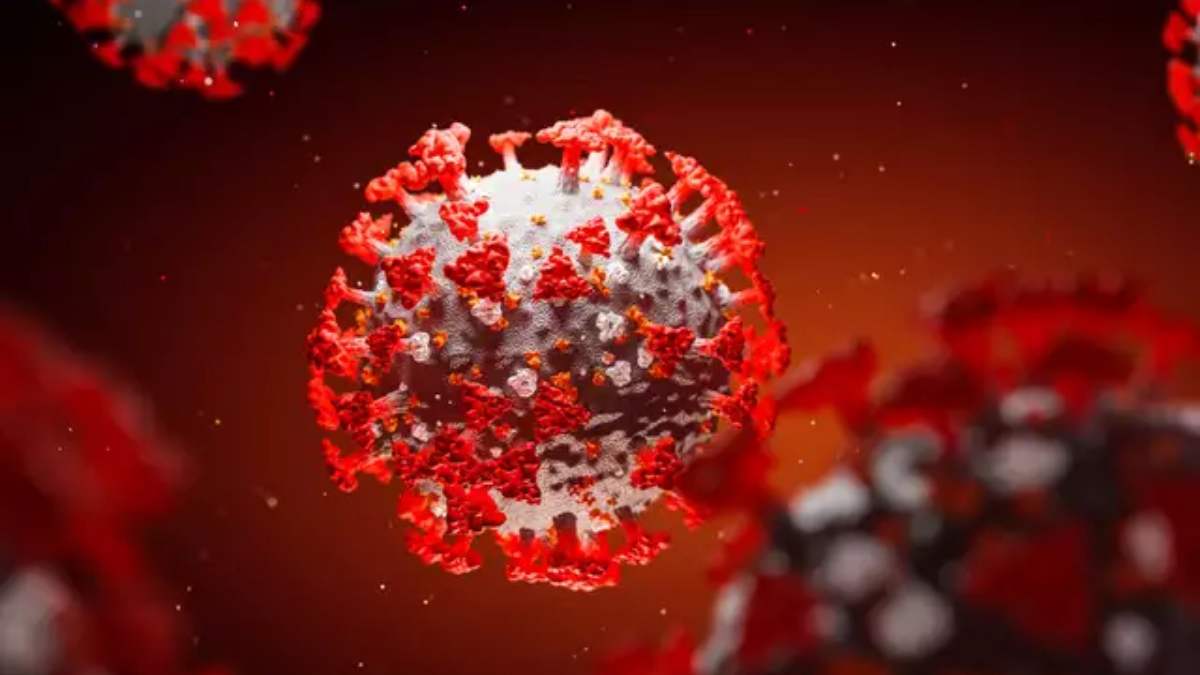


Even as India maintained its declining trend of cases and reported the lowest single-day Covid-19 rise in 74 days, scientists have said that the highly transmissible Delta variant of SARS-CoV-2 has mutated further to form the “Delta Plus” or “AY.1” variant, They, however, added that there is no immediate cause for concern in India as its incidence in the country is still low.
The Delta or B.1.617.2 variant was first identified in India and is one of the drivers of the deadly second wave. The new Delta Plus variant has been formed due to a mutation in the Delta or B.1.617.2 variant. “Delta Plus” is resistant to the monoclonal antibody cocktail treatment for Covid-19 recently authorised in India, though there is no indication yet of the severity of the disease due to the new variant.
According to Public Health England, 63 genomes of Delta (B.1.617.2) with the new K417N mutation have been identified so far on the global science initiative GISAID. In its latest report on coronavirus variants, updated till last Friday, the health agency said “Delta Plus” was present in six genomes from India as of 7 June.
The “AY.1” variant is characterised by the acquisition of K417N mutation, Vinod Scaria, clinician and scientist at Delhi’s CSIR-Institute of Genomics and Integrative Biology (IGIB), tweeted on Sunday. The mutation, he said, is in the spike protein of SARS-COV-2, which helps the virus enter and infect the human cells.
The variant frequency for K417N is not much in India at this point in time. The sequences are mostly from Europe, Asia and America, Scaria wrote on Twitter. The earliest sequence of this genome was found in Europe in late March this year. Noting that the travel histories for the variant are not readily available to make assumptions, Scaria said an important point to consider regarding K417N is the evidence suggesting resistance to monoclonal antibodies Casirivimab and Imdevimab. This cocktail recently received emergency-use authorization in the country from the Central Drugs Standard Control Organisation. Drug majors Roche India and Ciplas have priced the antibody cocktail at a steep Rs 59,750 per dose.
Scaria also indicated the mutation may be associated with the ability to escape the immune response against the virus. Similar to antibodies which are proteins that the body naturally produces to defend itself against the disease, monoclonal antibodies are artificially created in a lab and tailor-made to fight the disease they treat. Casirivimab and Imdevimab are monoclonal antibodies that are specifically directed against the spike protein of SARS-CoV-2, and designed to block the virus’ attachment and entry into human cells.
Allaying fears, immunologist Vineeta Bal said that while there may be some setback in the use of commercial antibody cocktail due to the new variant, resistance to the therapy is not an indication of higher virulence or severity of a disease. How transmissible this new variant is will be a crucial factor to determine its rapid spread or otherwise, Bal, guest faculty at the Indian Institute of Science Education and Research, Pune, told a news agency.
Meanwhile, the Union Ministry of Health and Family Welfare said on Monday that 70,421 new Covid-19 infections were reported in the last 24 hours. With this, the total cases have reached 2,95,10,410, and the daily positivity rate stands at 4.72 per cent, which is less than 10 per cent for the 21st consecutive day. Also, the weekly positivity rate dropped below 5 per cent and today stands at 4.54 per cent. The active caseload remained below 10 lakh after 66 days and today stands at 9,73,158. According to the health ministry, a total of 3,921 deaths were reported in the last 24 hours, taking the death toll to 3,74,305 in the country.
WITH AGENCY INPUTS